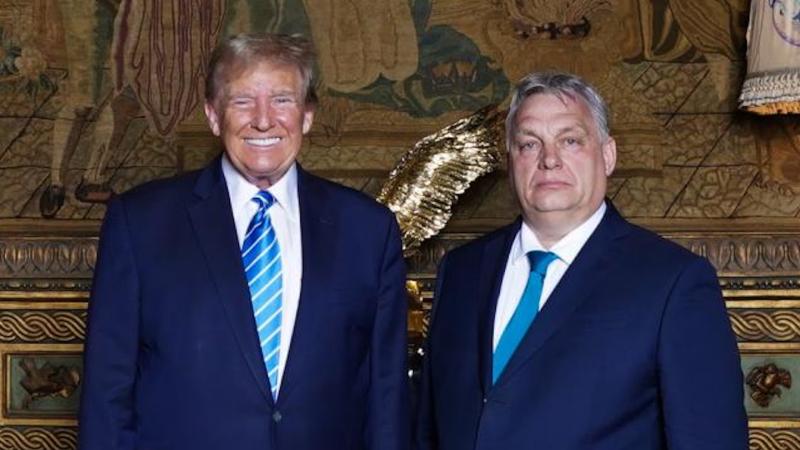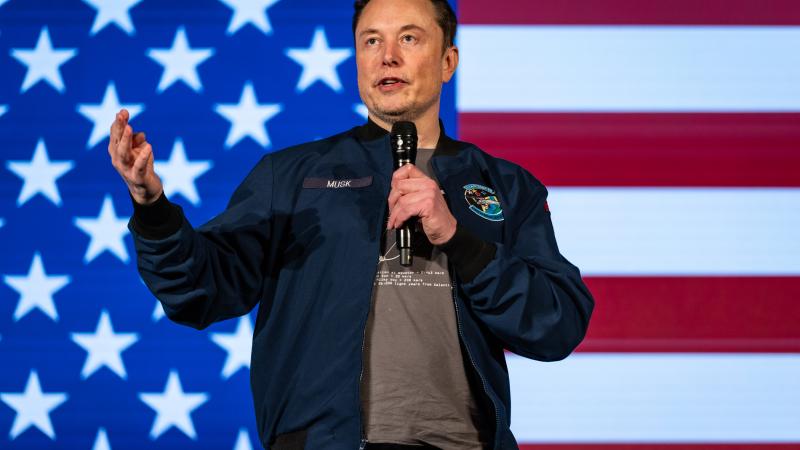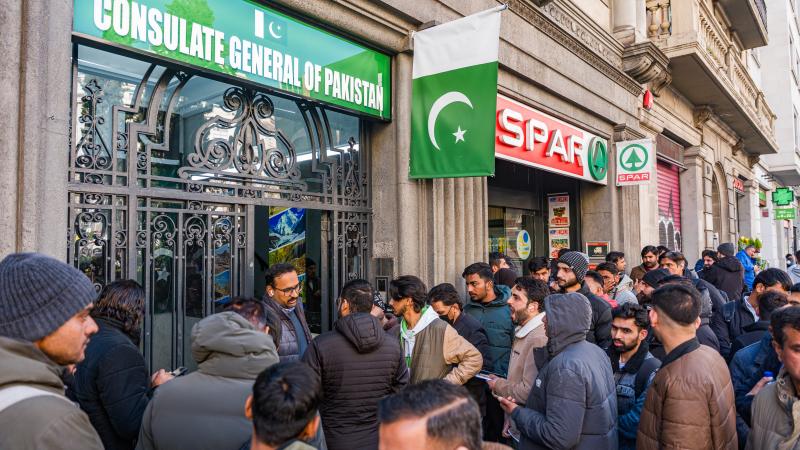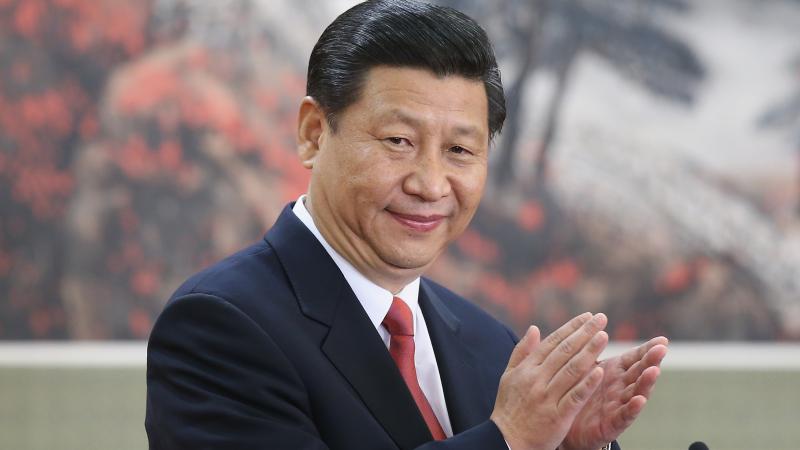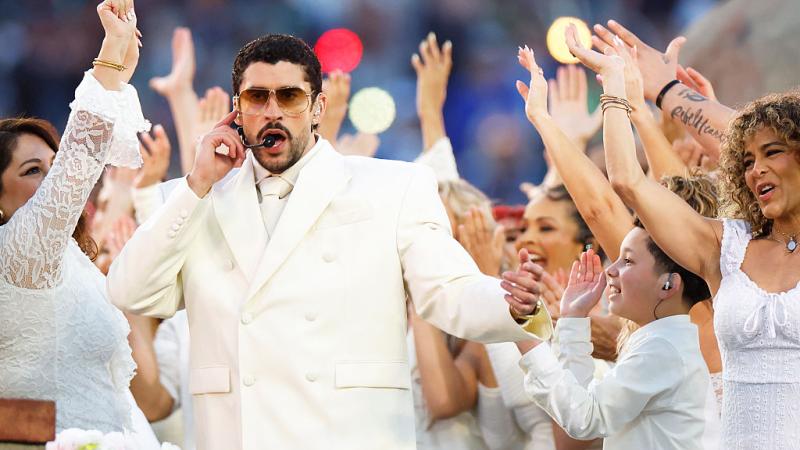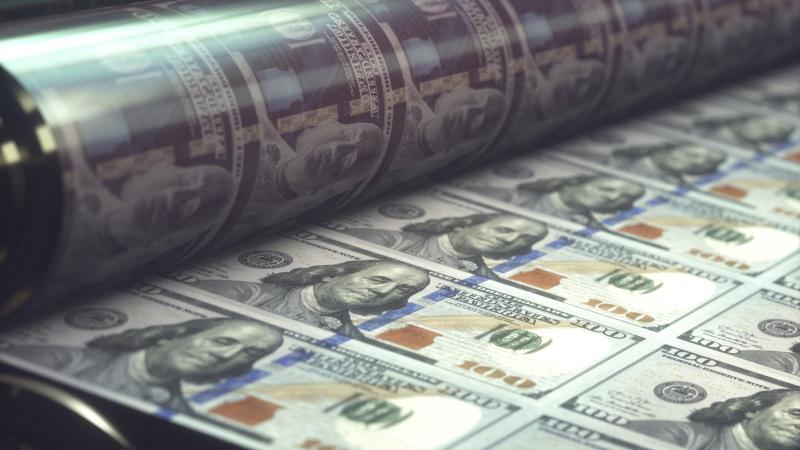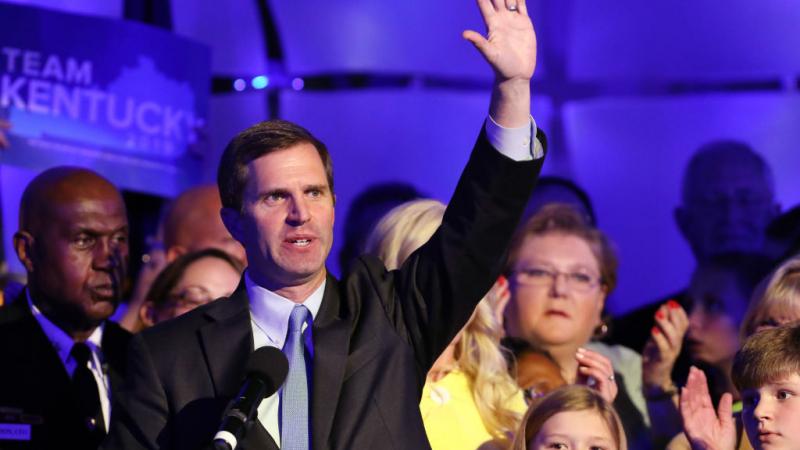Trump, top European backers Meloni, Orban headed for reckoning on what to do about Israel, Ukraine
There's a strong likelihood the incoming Trump administration will force European leaders to come to a reckoning on wars involving Israel, Ukraine
When Hungary’s Viktor Orban met with Italian Prime Minister Giorgia Meloni in Rome last week, there was plenty for them to discuss, considering they are U.S. President-elect Donald Trump’s strongest allies in Europe, and it was their first face-to-face meeting since Trump’s victory a month earlier.
The pair broadly agree on a wide array of issues: curbing mass migration, for example, deepening ties with former communist states now in the European Union, resisting the erosion of national sovereignty within the EU, and railing against the influence of national and European courts.
It's too early to clearly tell how countries will position themselves in the aftermath of Syrian rebels this past weekend forcing dictator Bashar al-Assad to seek asylum in Russia.
But two matters on which prominent conservatives Orban and Meloni don’t see eye to eye center are Ukraine and Israel, amid the strong likelihood the incoming Trump administration will force European leaders to come to a reckoning on both.
Italy under Meloni has been among Ukraine’s strongest supporters in Europe.
The country has supplied Ukraine with a steady stream of military and economic aid, as well as playing an active role lobbying other countries to hold steady in their support. As president of the Group of Seven (G-7) countries this year, Italy helped secure $50 billion in support for Ukraine guaranteed by frozen international Russian assets.
Hungary’s Orban, in contrast, has been a lonely pro-Russian Ukraine-skeptic voice in Europe. Orban speaks regularly with Russian President Vladimir Putin, and in July he traveled to Moscow to meet with the Russian leader over the objections of European leaders. He has warned that European sanctions against Russia were short-sighted and he has called for European countries to stop aiding the Ukrainian cause.
Regarding Israel, Meloni has been vocal about Israeli aggression, especially against Hezbollah fighters in Lebanon. She visited Lebanon in October after five Italians in the country as part of a peacekeeping force were injured in what were reported to be what she called “unacceptable” Israeli attacks. Under Italy’s leadership, the G-7 backed an International Criminal Court arrest warrant for Israel’s Benjamin Netanyahu and others, and Italy said it would comply with the measure (though the country’s foreign minister said the warrant may not be practical).
Amid all that, Hungary said it would not comply with the warrant and Orban personally invited Netanyahu to visit Hungary, prompting the Israeli leader to say Orban was one of the few European leaders “on the side of truth and justice.”
It would be difficult for these differences to remain for long after Trump enters the White House, as Meloni and Orban vie with other European leaders to be in Trump’s good graces. The European media is full of speculation about how specific European leaders would react to a request from Trump to fall in line with Washington’s takes on international issues.
Trump on Sunday again made clear his position on Israel's now roughly 14-month war on Hamas in Gaza, saying he wants Netanyahu to be victorious but that the war has to soon end.
He also said in the same interview with NBC News when asked whether he'd pressure Netanyahu to end the war, “Yeah. Sure,” amid growing worldwide concern about an increasingly unstable and deadly Middle East.
Trump has taken a stronger hand in Russia's war on Ukraine. On Sunday, he pushed Putin to reach an immediate ceasefire with Ukraine.
“Zelenskyy and Ukraine would like to make a deal and stop the madness," Trump posted social media, referring to Ukraine President Volodymyr Zelenskyy.
So far, it looks like Orban may have the inside track as his stances, which once made him a solitary figure in Europe, appear to be gaining traction.
The divisions among European countries may eventually work in Trump’s favor, as he looks to assure American dominance, something only helped by a rise in European Union skepticism among EU member states.
“What European populist leaders have in common is a deep-seated skepticism of the EU and a desire to erode it from within,” Chatham House said in a recent report on trans-Atlantic ties. That movement may be hurried along in the coming months.
The Facts Inside Our Reporter's Notebook
Links
- plenty for them to discuss
- curbing mass migration
- ties with former communist states now in the European Union
- erosion of national sovereignty
- the influence of national and European courts
- military and economic aid
- secure $50 billion in support for Ukraine
- in July he traveled to Moscow to meet with the Russian leader
- European sanctions against Russia were short-sighted
- She visited Lebanon in October
- the G-7 backed an International Criminal Court arrest warrant for Israelâs Benjamin Netanyahu
- Italy said it would comply
- the warrant may not be practical
- Orban personally invited Netanyahu to visit Hungary
- European leaders would react to a request from Trump
- appears to be gaining traction
- Chatham House said in a recent report on trans-Atlantic ties
